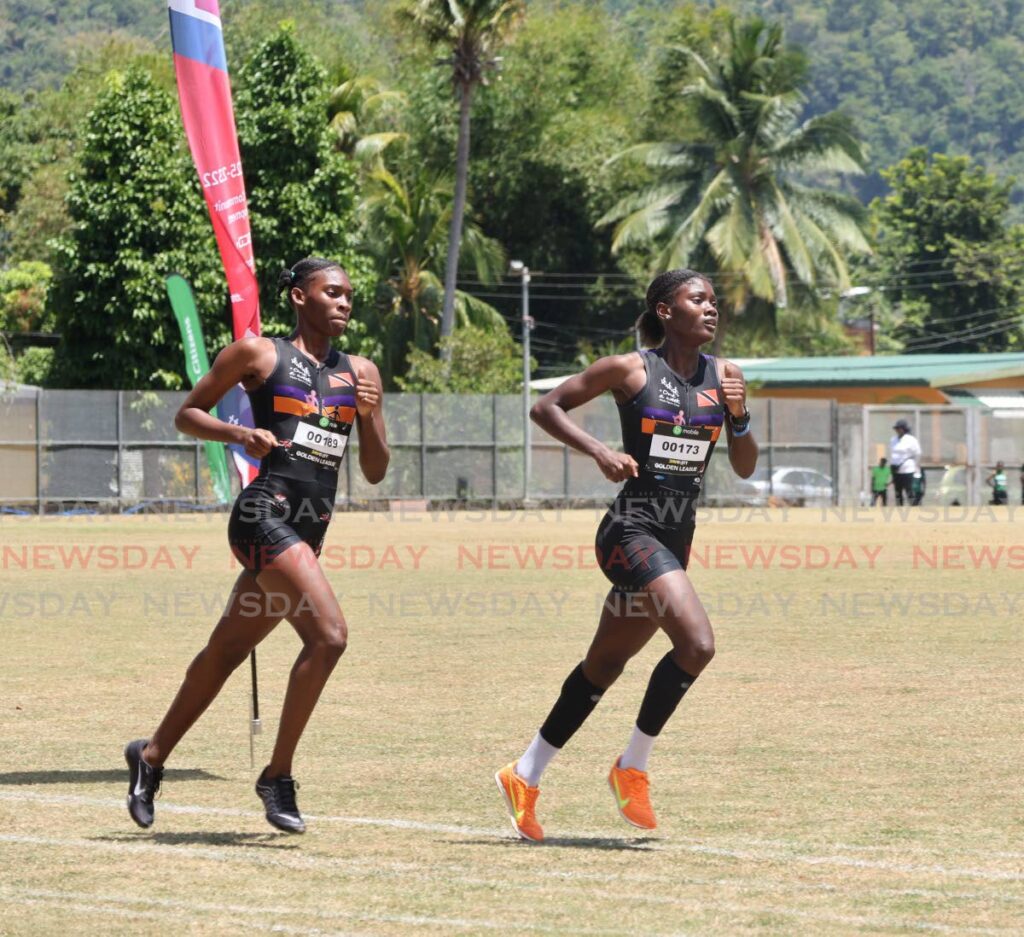16 Days of Activism Against Gender-Based Violence: A call for change
Written by Newsday on December 8, 2024

THE 16 Days of Activism Against Gender-Based Violence (GBV) is an annual international campaign running from November 25, the International Day for the Elimination of Violence Against Women, to December 10, Human Rights Day.
Trinidad and Tobago joins this global movement to highlight and combat the pervasive issue of GBV, which remains a pressing concern in the nation. This campaign not only raises awareness but also encourages action to challenge systemic inequalities and protect the most vulnerable.
GBV is a profound violation of human rights, encompassing physical, sexual, psychological, and economic harm rooted in unequal power dynamics. In Trinidad and Tobago, the prevalence of domestic abuse, sexual violence, and femicide underscores the urgency of this cause.
The campaign aims to raise awareness by educating citizens about the forms and consequences of GBV, promote solidarity by encouraging community support for survivors and advocate for change by pressuring governments and institutions to implement and enforce laws protecting victims and punishing perpetrators.
The observation is crucial in a society where patriarchal norms and cultural stigmas often silence survivors and perpetuate cycles of violence. By participating, TT aligns with global efforts to create a safer, more equitable society.
Efforts to address GBV require collaboration between government entities, civil society and individuals. Practical measures would include public education initiatives such as workshops, school programmes, and media campaigns which can challenge harmful stereotypes and promote healthy relationships, or strengthening support services by expanding access to shelters, counselling, legal aid, and hotlines for survivors.
Mobilising communities to recognise and intervene in cases of GBV fosters collective accountability, and empowering bystanders and training individuals to safely intervene when witnessing abuse can prevent escalation. We can also promote economic independence by offering vocational training and financial support to survivors to help break cycles of dependence on abusive partners.
Legislative and policy reforms are critical for creating a robust framework to address GBV effectively. Some key policies would include comprehensive domestic violence legislation which should clearly define all forms of GBV and include provisions for swift and severe penalties, mandatory reporting requiring healthcare professionals and educators to report suspected cases of abuse ensuring timely intervention, improved law enforcement training where police officers and first responders should receive specialised training in handling GBV cases with sensitivity and efficiency, and a national GBV database; a centralised system to track incidents, outcomes, and trends can inform policy and resource allocation.
There should also be a curriculum reform integrating gender equality and consent education into schools, fostering a culture of respect from a young age, as well as workplace protections enforcing zero-tolerance policies for harassment and providing leave options for survivors supporting a safer professional environment.
Young people are at the heart of social transformation. Their involvement in GBV advocacy is pivotal for several reasons. Youth are the leaders of tomorrow, and their values will shape societal norms and future generations. By advocating against GBV, they can create a culture of respect, empathy, and equality. Y
oung activists are often more open to challenging outdated traditions and practices that perpetuate gender inequality. Millennials and Gen Z are adept at harnessing digital platforms such as social media and technology to raise awareness, mobilise communities, and amplify marginalised voices. Advocacy efforts led by young people resonate strongly within their own age group, making them influential agents of change among peers. The passion and creativity of youth can bring fresh perspectives and innovative solutions to complex social issues.
The 16 Days of Activism offers a unique opportunity for TT to confront the scourge of GBV and commit to tangible progress. This movement requires active participation at all levels of society – governments must enact and enforce protective legislation, communities must foster safe spaces, and individuals must challenge harmful attitudes.
Young people, in particular, hold immense potential to drive change. By educating themselves, speaking out, and advocating for their peers, they can build a future where GBV is no longer tolerated. Schools, youth organisations, and social media platforms can be powerful tools for engagement.
The fight against GBV in TT is a shared responsibility. The 16 Days of Activism underscores the urgency of addressing this issue and reminds us that every effort counts. By implementing effective measures, advocating for comprehensive policies, and empowering the next generation to lead the charge, TT can pave the way for a society that values equality, dignity and safety for all. As citizens unite in this cause, let the message of these 16 days resonate far beyond the campaign, driving continuous action toward a future free of gender-based violence.
Soleil-Marie Collins, a youth advocate, is vice president of Sexual Assault Survivors Stand
The post 16 Days of Activism Against Gender-Based Violence: A call for change appeared first on Trinidad and Tobago Newsday.




